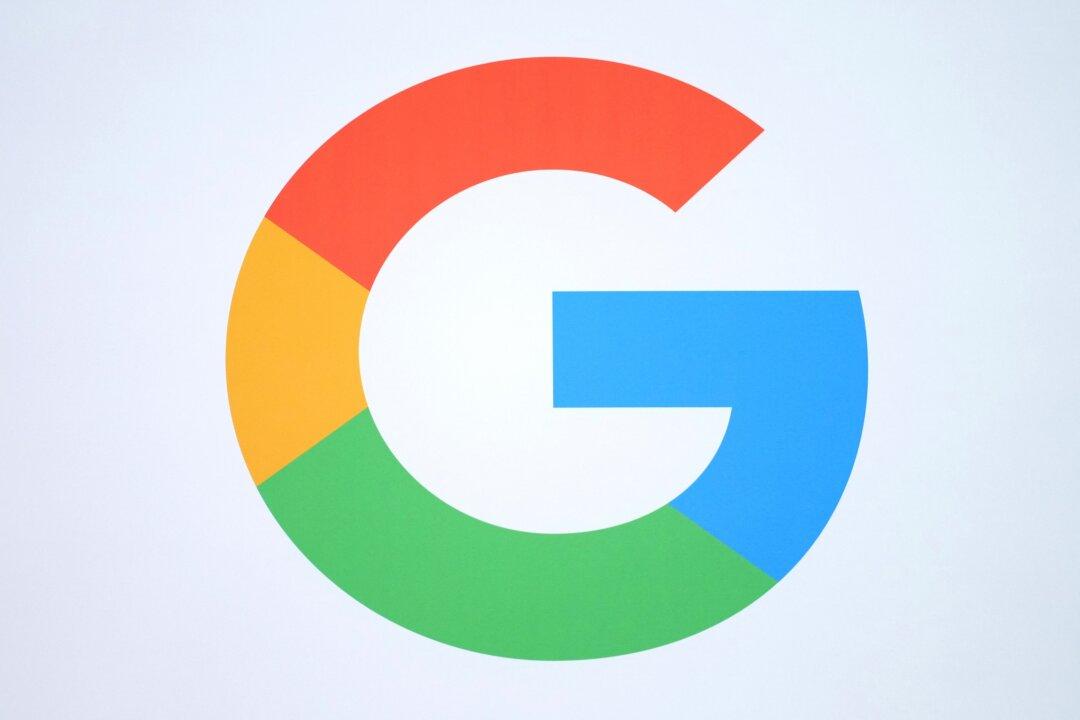The Department of Justice (DOJ) and Alphabet’s Google concluded their closing arguments on May 3 regarding whether the company violated a century-old law restricting allegedly anti-competitive behavior by companies.
The case, United States v. Google LLC, has raised questions about how the economy functions with new technology and how the law might address those issues. The DOJ filed its lawsuit in 2020, alongside multiple states, claiming that the tech giant had marketed its search engine in a way that illegally limited other companies’ ability to compete.





